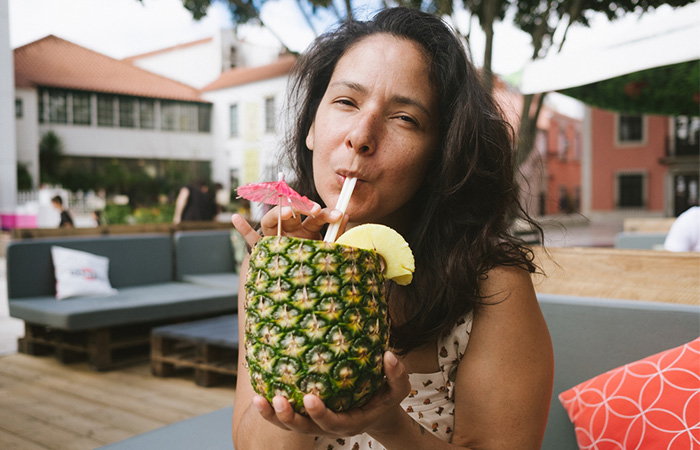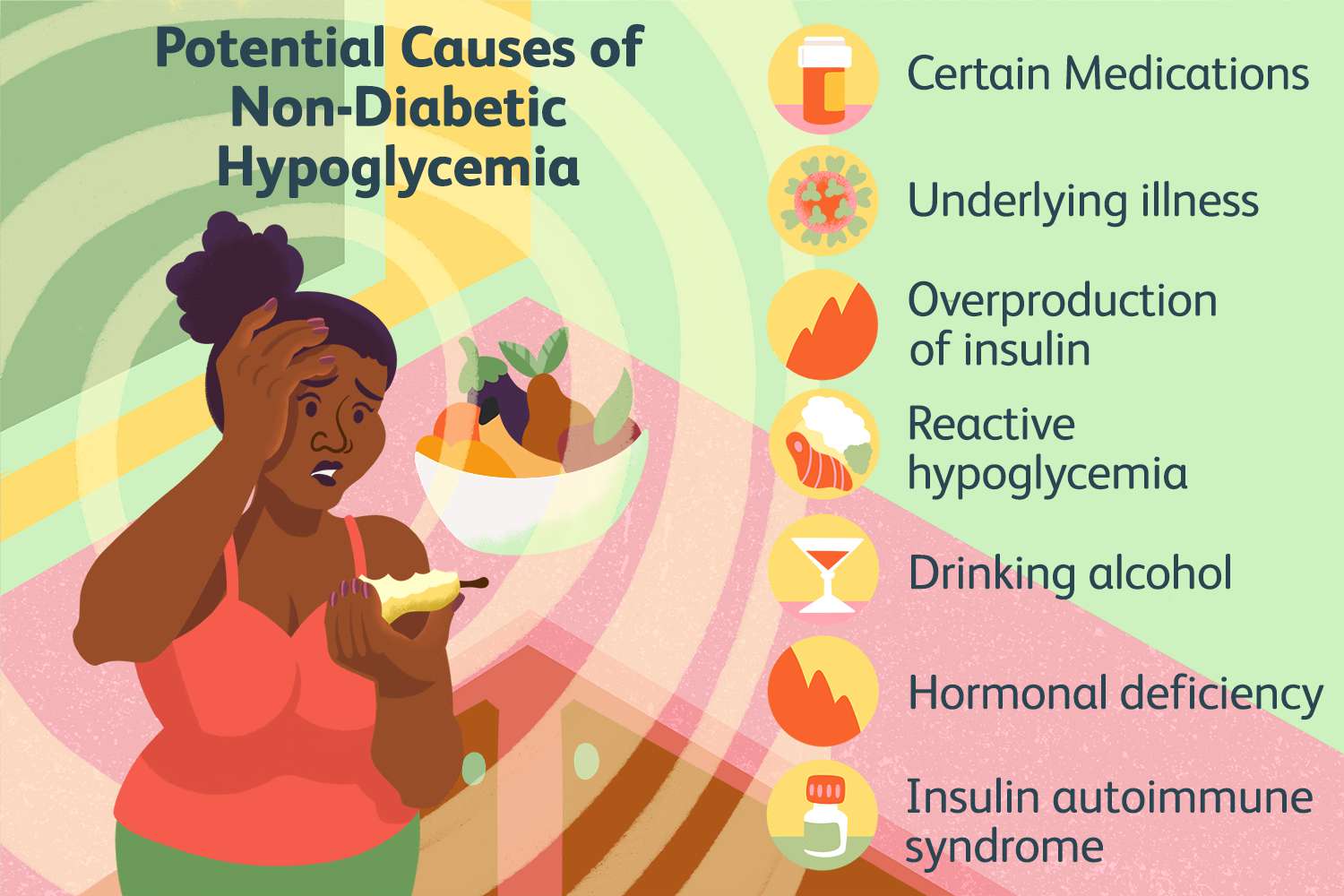Cholecalciferol and Food: Which Foods are Good Sources?
In the quest for maintaining optimal health, essential nutrients play a pivotal role. Among these, cholecalciferol, commonly known as vitamin D3, stands out as a vital component for bone health, immune system function, and overall well-being. While our body can synthesize cholecalciferol when exposed to sunlight, it’s also crucial to include foods rich in this nutrient in our diet. Let’s delve into the world of cholecalciferol and explore the foods that serve as excellent sources.
The Importance of Cholecalciferol (Vitamin D3)
Cholecalciferol, or vitamin D3, is a fat-soluble vitamin that plays a multifaceted role in our body. Its most well-known function is promoting the absorption of calcium and phosphorus, crucial minerals for building and maintaining strong bones and teeth. Vitamin D3 also plays a role in modulating the immune system, supporting cardiovascular health, regulating insulin levels, and even influencing mood.
One of the unique aspects of cholecalciferol is that our body can produce it when our skin is exposed to sunlight, specifically ultraviolet B (UVB) rays. However, various factors such as location, season, skin color, and sunscreen use can affect the body’s ability to synthesize enough vitamin D3 from sunlight alone. This makes dietary sources all the more important, especially for those who may not get enough sun exposure.
“How to Lose Weight Without Dieting: 10 Simple Steps for Lasting Results”
Dietary Sources of Cholecalciferol
Several foods are rich in cholecalciferol, making them excellent choices to include in your diet for maintaining optimal vitamin D levels. Here are some key sources:
- Fatty Fish: Fatty fish like salmon, mackerel, trout, and sardines are among the best sources of cholecalciferol. Not only are they rich in vitamin D3, but they also provide heart-healthy omega-3 fatty acids. Including these fish in your diet a few times a week can significantly contribute to your vitamin D intake.
- Cod Liver Oil: This supplement is extracted from the liver of codfish and is known for being a potent source of cholecalciferol. It’s available in liquid or capsule form and can be particularly useful during months when sun exposure is limited.
- Egg Yolks: Egg yolks are another natural source of cholecalciferol. While the vitamin D content in eggs can vary based on factors like the chicken’s diet, including eggs in your diet can still provide a valuable contribution to your vitamin D intake.
- Fortified Foods: Many food products are fortified with vitamin D to help individuals meet their daily needs. Common examples include fortified dairy products (milk, yogurt, and cheese), plant-based milk alternatives (soy milk, almond milk), and fortified cereals.
- Mushrooms: Certain types of mushrooms, particularly those exposed to UV light during growth, can naturally synthesize vitamin D2, which is a plant-based form of vitamin D. While not as effective as D3 at raising blood levels of the vitamin, including mushrooms like maitake or shiitake can still be a beneficial addition to your diet.
- Beef Liver: Beef liver is a nutrient-dense organ meat that provides not only cholecalciferol but also other essential vitamins and minerals. Consumed in moderation, it can be a valuable source of nutrients, including vitamin D3.
Achieving Optimal Vitamin D Levels
Maintaining optimal vitamin D levels is important for overall health and well-being. However, it’s important to note that excessive vitamin D intake from supplements can lead to adverse effects. Consulting a healthcare professional before making significant changes to your diet or taking supplements is recommended, especially if you have specific health concerns or conditions.
In conclusion, cholecalciferol, or vitamin D3, is a vital nutrient that contributes to bone health, immune system function, and more. While sunlight exposure remains an important source, incorporating foods rich in cholecalciferol into your diet can help ensure that you’re getting an adequate supply of this essential vitamin. From fatty fish to fortified foods, there are a variety of options available to cater to different dietary preferences and needs. Prioritizing a balanced diet that includes these sources can contribute to your overall well-being.











